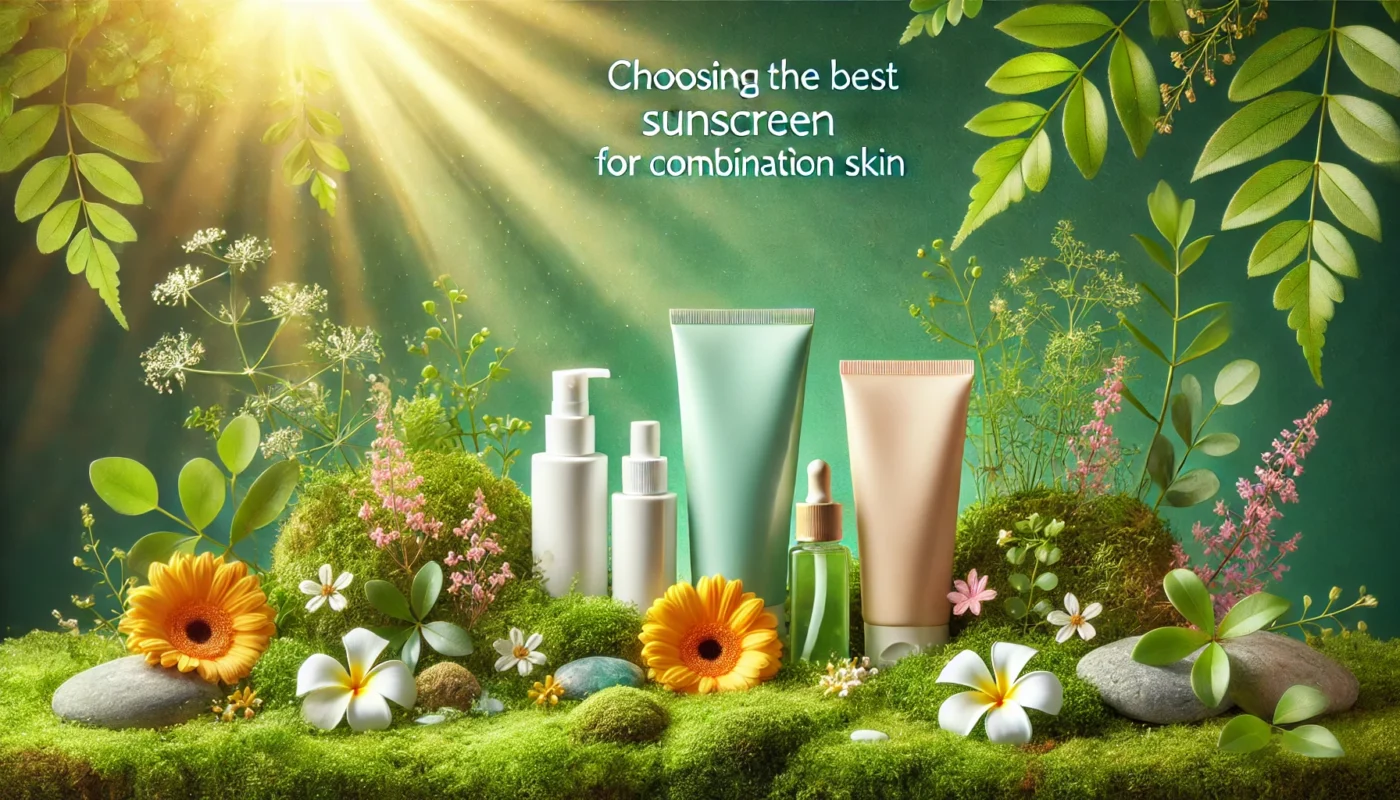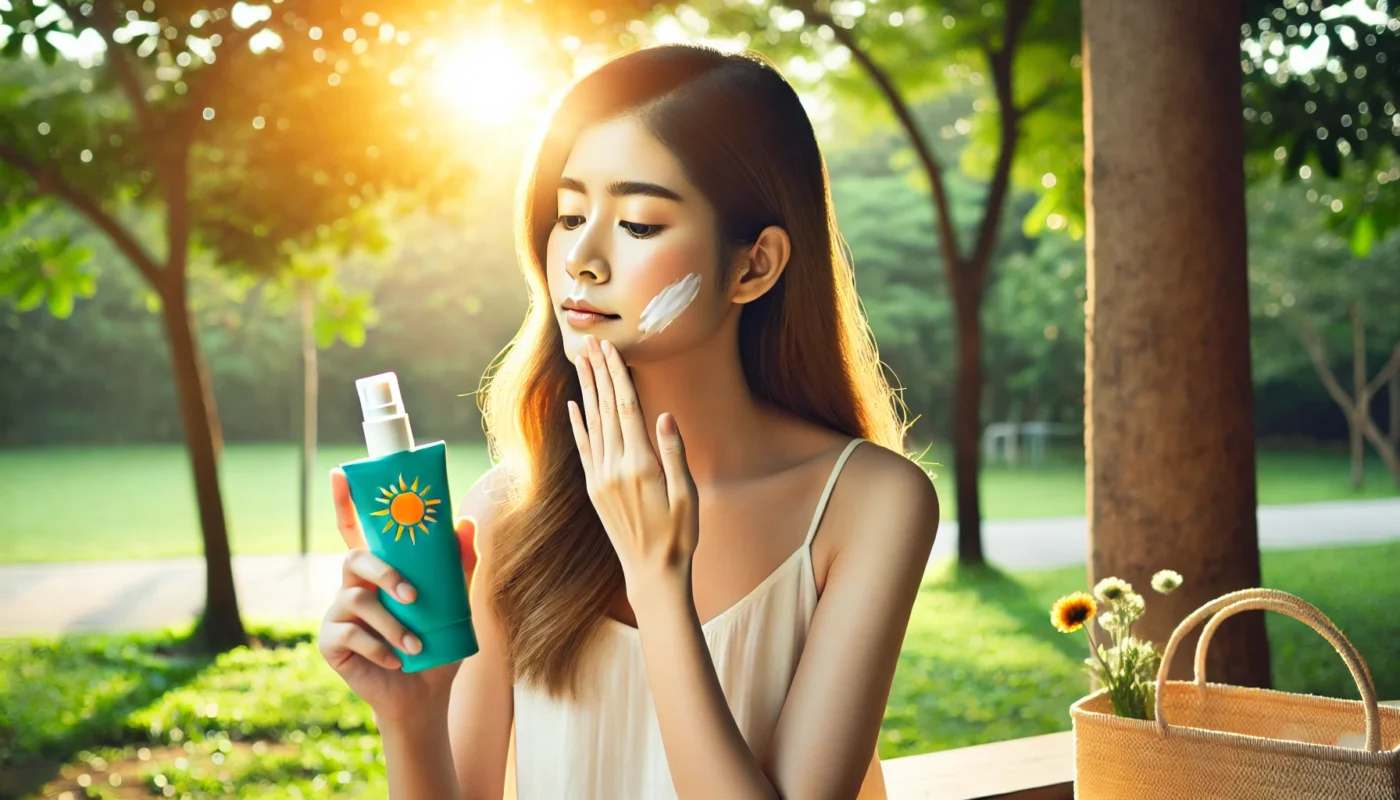Cancer treatments, such as chemotherapy and radiation, can significantly alter skin sensitivity, making it more susceptible to sun damage. The skin’s natural barrier becomes compromised, necessitating a heightened level of protection. Sunscreens play a vital role in safeguarding the skin, preventing sunburn, and reducing the risk of long-term damage. The best face sunscreen for cancer patients should provide robust protection while being gentle on the skin.
Tag Archives: hypoallergenic
Sensitive skin is characterized by heightened reactions to both environmental factors and topical products. This can manifest as redness, itching, burning, or dryness. Understanding the nature of sensitive skin is crucial when choosing the right sunscreen, as many formulations can exacerbate these issues.
Choosing the right sunscreen can be a daunting task. Especially when you have combination skin.
Combination skin, characterized by both oily and dry patches, requires a careful balance. You need a sunscreen that moisturizes dry areas without exacerbating oiliness.
Understanding the science behind sun protection is key. It helps you make informed decisions about the products you use.
This guide aims to demystify the process. We’ll delve into the specifics of UVA and UVB rays, and the role of SPF in sun protection.
We’ll also explore the differences between physical and chemical sunscreens. And how to identify which is best for combination skin.
In the realm of health and wellness, protecting your skin from harmful ultraviolet (UV) rays is paramount. Using sunblock lotion is not only a preventive measure against sunburn but also a crucial step in safeguarding against more severe conditions such as skin cancer and premature aging. Today, we delve into the essentials of sunblock lotion for both the face and body, highlighting its importance, the science behind its effectiveness, and practical advice on its application.
Understanding Sunblock: More Than Just Skin Deep
Sunblock, also known as sunscreen, operates as a shield against the sun’s UV radiation. It’s essential to understand the types of UV radiation: UVA and UVB. UVA rays penetrate deep into the skin, contributing to aging and long-term damage, while UVB rays are responsible for sunburn and can directly damage your DNA, leading to skin cancer.




